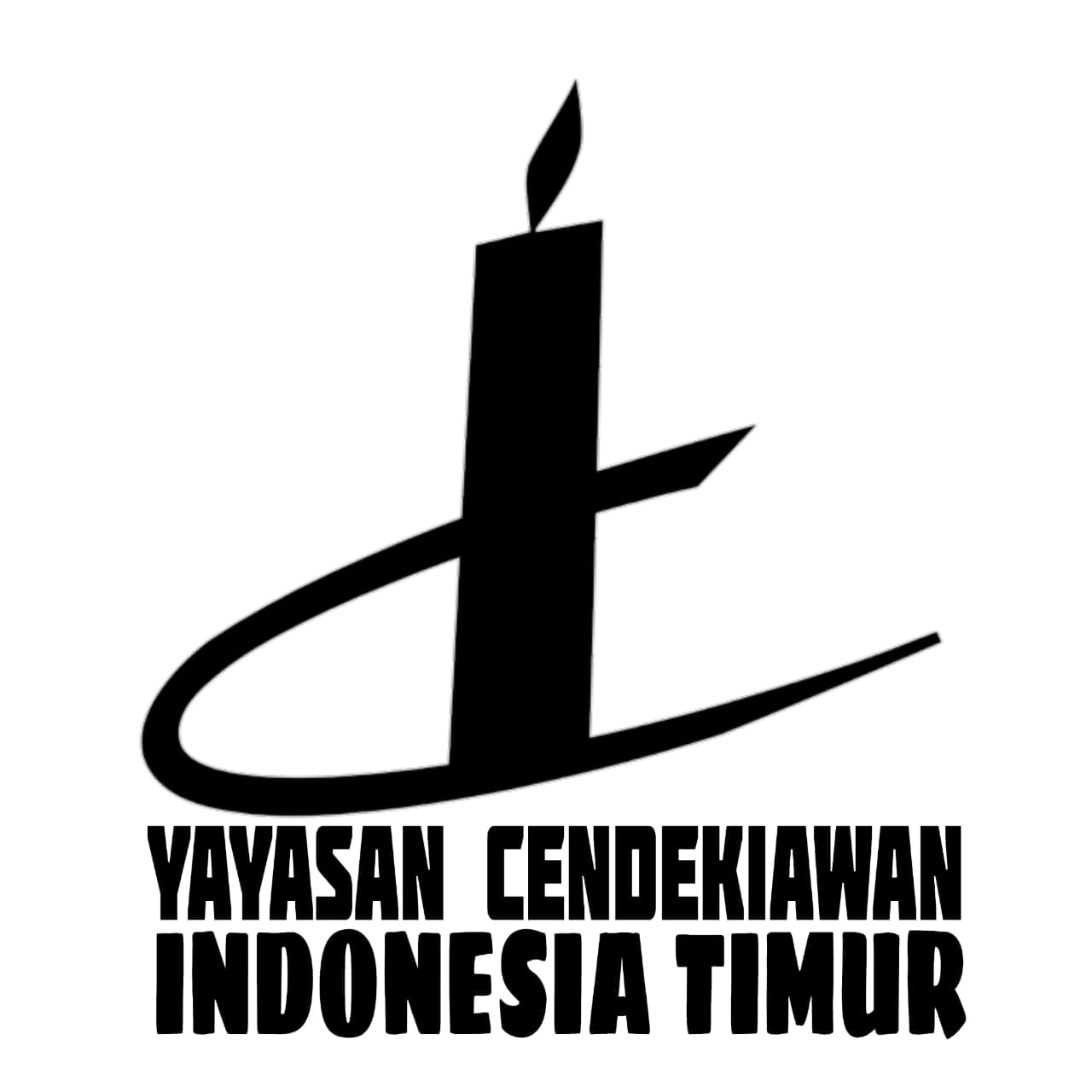Enhancing the Quality of Education through Innovative Educational Practices at Kalidawir Public Elementary School
DOI:
https://doi.org/10.59065/jotes.v2i1.183Keywords:
Innovative Education, Project-Based Learning, Educational Technology, Student Engagement, Learning QualityAbstract
Study This aiming For increase quality education at Kalidawir Elementary School through implementation practice education innovative. Background study This is low quality learning consequence domination method conventional which focuses on memorization and theory. For answer challenge said, the approach innovative like learning based on project, integration technology, and methods collaborative applied in the learning process. Research This use approach qualitative with method observation, interviews, and documentation For dig understanding deep to implementation and impact from practice innovative in class. Research results show that education innovative in a way significant increase involvement students, results Study academic, as well as skills social and collaborative they. Learning based on project make student more active and contextual in understand material. While integration technology strengthen interest learn and enrich experience learn. However Thus, the limitations means infrastructure as well as lack of teacher competence in utilise technology Still become obstacle main. In overall, research This show that practice education innovative can be an effective strategy For increase quality learning at school Basic. Success implementation is highly dependent on support teacher training, provision infrastructure adequate, and involvement all over element school. Findings This expected become reference in development policy education adaptive basis to development of the times and needs student.
Downloads
References
Ali, M. (2015). Educational innovation for increase quality learning in elementary schools. Jakarta: Pustaka Cendekia.
Arends, R. I. (2016). Learning to teach (10th ed.). New York: McGraw-Hill Education.
Darling-Hammond, L., Wilhoit, G., & Pittenger, L. (2017). Accountability for college and career readiness: Developing a new paradigm. Stanford Center for Opportunity Policy in Education (SCOPE).
Darling-Hammond, L., Flook, L., Cook-Harvey, C., Barron, B., & Osher, D. (2017). Implications for educational practice of the science of learning and development. Applied Developmental Science, 21(3), 97–140. https://doi.org/10.1080/10888691.2017.1302846
Furtak, E. M., Ruiz-Primo, M. A., Shemwell, J. T., Ayala, C. C., Brandon, P. R., Shavelson, R. J., & Yin, Y. (2016). The influence of formative assessment on student learning: A meta-analysis. Review of Educational Research, 86(4), 969–1006. https://doi.org/10.3102/0034654316672069
Haryanto, H., & Sari, D. (2019). Use of technology in learning based on projects in elementary schools. Journal of Education and Technology, 23(2), 123–138.
Hattie, J., & Zierer, K. (2018). 10 mindframes for visible learning: Teaching for success. Routledge.
Kustini, L. (2018). Innovative education: Approach and implementation in the digital era. Bandung: Alfabeta.
Mulyasa, E. (2018). Student-based education management innovation. Jakarta: Bumi Aksara.
Nurhadi, D. (2020). Implementation learning based on project in increase quality learning in public elementary school. Indonesian Journal of Education, 14(1), 45–58.
OECD. (2020). The future of education and skills 2030: OECD learning compass 2030. OECD Publishing. https://www.oecd.org/education/2030-project/
Prastowo, A. (2021). Innovation learning: Concept, strategy, and implementation. Yogyakarta: Ar-Ruzz Media.
Sagala, S. (2020). Learning strategy innovative in elementary education. Journal of Educational Studies, 17(2), 189–204.
Sani, R. (2018). Learning methods innovative. Malang: UMM Press.
Schleicher, A. (2019). PISA 2018: Insights and interpretations. OECD Publishing. https://www.oecd.org/pisa/publications/pisa-2018-results.htm
Selwyn, N. (2012). Education and technology: Key issues and debates. Bloomsbury Academic.
Setiawan, B. (2020). Implementation technology in learning for increase quality of education in elementary schools. Journal Educational Technology, 15(3), 73–85.
Sudjana, N. (2017). Learning strategies and methods innovative. Jakarta: Rajawali Press.
Sulaeman, Y., & Hanafi, M. (2019). The influence of learning based on technology towards learning outcomes elementary school students. Journal of Education and Teaching, 20(4), 201–212.
Susanto, H. (2019). Approach innovative in elementary school learning. Yogyakarta: Pustaka Pelajar.
Wibowo, A., & Utami, P. (2022). Implementation learning collaborative for increase social skills of elementary school students. Journal of Education and Psychology, 18(3), 132–145.
Zhao, Y. (2016). Reach for greatness: Personalizable education for all children. Corwin Press.
Zubaidah, A. (2020). Innovation learning based on project for increase involvement student in the learning process. Journal Educational Innovation, 21(1), 98–112.






